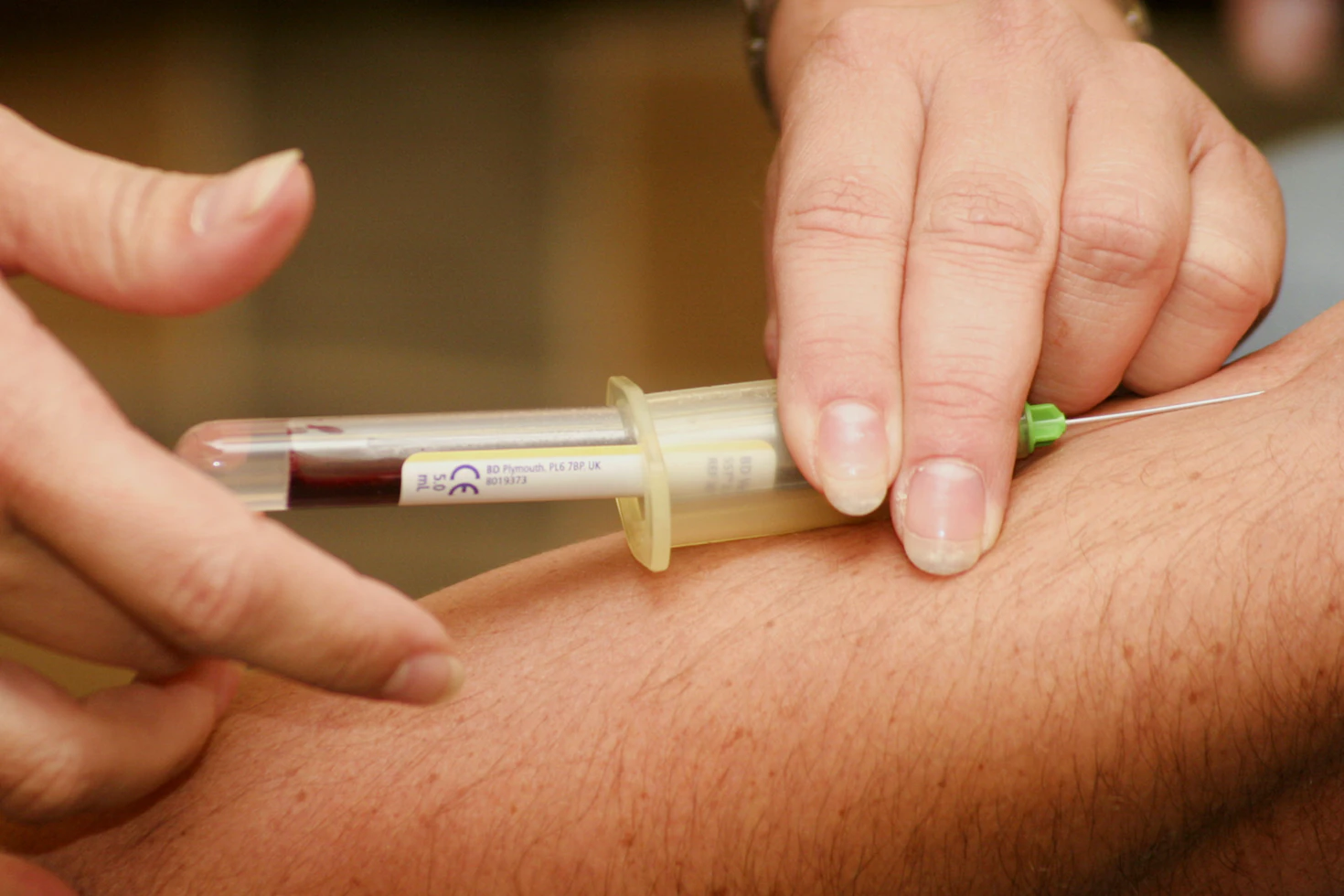Preventive Healthcare
The Rhesus (Rh) Factor and Rh Incompatibility in Pregnancy

Table of Contents
- Introduction
- What is the Rh Factor?
- What is Rh Incompatibility?
- What Happens If Your Blood Comes in Contact with That of the Foetus?
- What Can Cause the Mixing of the Two Types?
- How Does a Foetus Get a Rh Factor?
- Why Is the Rh Factor Screening Test Important?
- What is the treatment for Rh Incompatibility?
- Conclusion
Introduction
The Rhesus factor or Rh factor is an essential protein that determines a person's blood type. If you are Rh-negative, you should be careful. This is usually risky for women with Rh-negative blood because it can affect the baby when they conceive. Suppose you are pregnant with an Rh-positive foetus. In that case, your baby is at higher risk of inheriting several Rh diseases like anaemia (blue baby) and damage to the liver and heart.
Visit a gynaecologist if you are planning to conceive to better understand the Rhesus factor meaning. They will guide you throughout the journey and ensure your baby is safe. This blog gives you an outline of the Rhesus factor so that you can know the possible complications.
What is the Rh Factor?
The Rhesus factor or Rh factor is the specific type of protein that remain on the outer surface of the red blood cells of the human body if your body receives protein from biological parents.
The Rh factor indicates the blood type of a person. You can belong to the A, B, AB or O blood group. But the presence of the Rhesus protein in your blood determines whether your blood is the positive or the negative type.
If your body receives the protein successfully, you are Rh-positive. If your body fails to inherit the protein from the outer surface, it means you are a Rh-negative person. The cases of Rh-negative are rare. Nearly 85% of the entire global population belongs to the Rh-positive category.
What is Rh Incompatibility?
If you are Rh-negative and your partner is Rh-positive, there is a chance that your baby may inherit your partner's factor, that is, the Rh-positive factor. In that case, your blood will no longer be compatible with your baby's cells. This is called Rh incompatibility.
What Happens If Your Blood Comes in Contact with That of the Foetus?
If you are pregnant and your foetus has Rh-positive blood, your immune system fails to identify the positive blood cells of the foetus. Hence, they consider them foreign bodies and create antibodies to fight against them. This condition is called Rh sensitization. Your baby might develop Rh diseases like:
- Hemolytic anaemia
- Jaundice
- Liver diseases
- Stillbirth
- Cardiovascular complications
- Lack of oxygen in blood cells
- Death in severe cases
Generally, your blood does not get mixed with the foetus' blood. But, things can go wrong during your pregnancy, which will cause the above situation. You can avoid such complications if you strictly follow your doctor's instructions. They will inject an immune globulin to protect your foetus during the 28th week of pregnancy. However, there is no threat to the mother's health during the entire span of pregnancy and after.
What Can Cause the Mixing of the Two Types?
Several conditions may induce the probability of mixing the mother's and foetus' blood cells. Some of them are as follows:
- Specific medical tests like chorionic villus sampling or CVS and amniocentesis.
- Vaginal bleeding during pregnancy is common. However, it may cause blood mixing.
- Previous miscarriages
- Abortion
- Ectopic pregnancy
- Removal of the non-cancerous tumour from the uterus, called a molar pregnancy.
- A manual rotation of the baby in a breech position.
- Injury or trauma.
- Cordocentesis
- Delivery, both vaginal and cesarean.
How Does a Foetus Get a Rh Factor?
It is a natural phenomenon when a foetus inherits the qualities from the genes of its father and mother. Similarly, the foetus also inherits the Rhesus factor in blood from either of its parents. If it successfully inherits the protein, it becomes Rh-positive. The foetus becomes Rh-negative if it fails to inherit the protein from the surface.
Why Is the Rh Factor Screening Test Important?
The screening test is not mandatory if you are Rh-positive. But, if you are Rh-negative, RH Factor Test is a crucial test. With this screening, your healthcare provider would know if the foetus inherits the protein from its father's Rh-positive genes.
You are at minor to no risk if it is your first pregnancy. However, you should be mentally prepared during your second or subsequent pregnancies. The chance of mixing is higher then. If your blood gets mixed with the foetus, it may bring fatal consequences.
Therefore, it is essential to do the screening test to avoid any complications. The test reveals if your immune system is already producing antibodies, an immediate reaction of the blood mixing. If no antibodies are formed yet, you will receive a shot of Rh immune globulin to prevent the production of antibodies. The test is a regular process after the 28th week until your delivery. If your baby is born Rh-positive, you will get another shot.
What is the treatment for Rh Incompatibility?
Rh immune globulin (RhoGAM®) is a highly effective medication specifically designed to prevent the production of Rh antibodies in your body. However, it's crucial to note that this treatment is most beneficial if administered before your body has already produced these antibodies.
The medication is delivered through a simple injection, and its success rate for treating Rh-incompatibility during pregnancy is very high. Detecting Rhesus factor incompatibility in the early stages of pregnancy is essential as it offers the best chance of preventing any potentially serious complications that may arise.
Book RH Factor Test
Conclusion
In short, it is essential to know your Rhesus factor when you get pregnant. If you are positive, you do not need to worry. But you should be careful if you are negative. If your partner is positive, there is a chance that your baby also has a positive Rhesus factor.
As such, incompatibility of the Rhesus factor is inevitable. You must visit your doctor if you face any problems if it is your first pregnancy. You will be given medications and injections to safeguard your and your baby's lives.
Metropolis Healthcare is one of the leading and largest diagnostic chains in India. It has been proving its worth through years of satisfactory services. You can find their branches in your area. Metropolis Healthcarehas a good reputation for dealing with sample collections and correct test reports. Some of the advantages guaranteed by Metropolis Healthcare are one-time, quick and painless blood sample collection and accurate test reports in less the 24 hours.


























